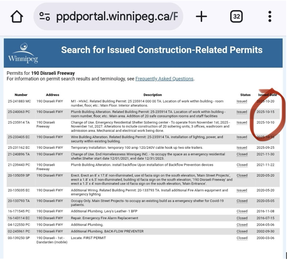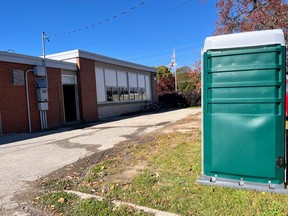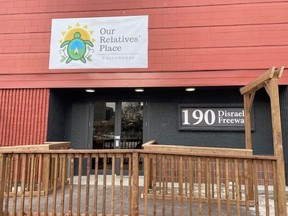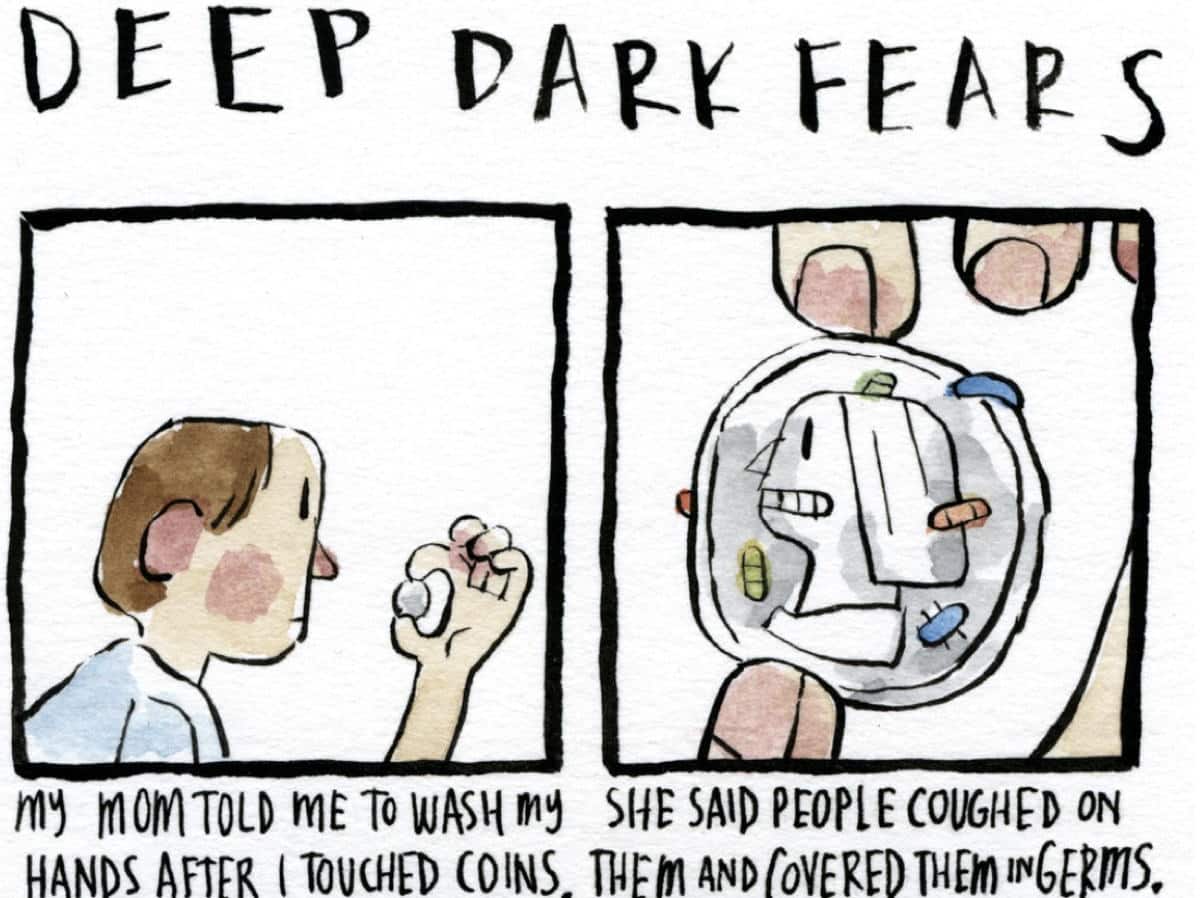Article content
Within hours of the Winnipeg Sun publishing its story about permits issued for 190 Disraeli Freeway, the City of Winnipeg rushed out a statement. The response came so quickly it felt like panic. The City insisted there was no permit for a supervised-consumption site, only a temporary use permit for sobering units, and claimed the term “consumption rooms” was entered by mistake.
Advertisement 2
Article content
But the public record tells a different story. There are two separate permits for the same property, approved five days apart. The first, issued October 10, 2025, states:
Article content
Recommended Videos
Article content
“Change of use. Emergency Residential Shelter Sobering Centre. To operate from November 1, 2025 to November 1, 2027. Alterations to include construction of 20 sobering units, 3 offices, washroom and admission area. Mechanical and electrical work being done.”
The second, issued October 15, 2025, reads:
“Plumb Building Alteration. Related Building Permit – 25-235914 TA. Location of work within the building, room number, floor, etc.: Main area of 20 safe consumption rooms and staff facilities.”

Those are not the same. One clearly references “safe consumption rooms,” and that wording came directly from the City’s own online permit registry. It was not speculation or rumor. It was written in black and white.
After the Sun published the story, residents flooded the newsroom with reactions. Some were relieved that their concerns were finally being validated. Others saw the City’s explanation for what it was — an attempt to control the narrative.
Advertisement 3
Article content
One of those readers, Ian Main, shared his experience and frustration after reviewing the City’s written response. In an email from Acting Manager Gord Chappell of Planning, Property and Development, the City blamed a plumbing contractor for the error, saying, “Unfortunately, the plumbing contractor described the work as ‘consumption rooms’… We have since corrected the permit so that the term ‘consumption’ was replaced with ‘sobering.’”
Main’s reaction was blunt: “That the City would be so quick to blame a plumber — a hard-working tradesman — is pathetic. A project of this nature, tied directly to Bill 48 and discussions of harm reduction, is not something where wording should ‘slip through.’ ‘Supervised consumption’ is not a clerical term — it is a legally restricted activity under federal law. Without that exemption, it is an illegal activity. The City effectively rubber-stamped that through its permit process.”
Article content
Advertisement 4
Article content
He went further, writing, “The City’s refusal to take responsibility and instead shift blame onto a tradesperson is disgusting. What do we pay City staff and inspectors for, if not to ensure accuracy and accountability? As a homeowner, I’ve experienced firsthand how unforgiving and nitpicky the City’s permit process can be for ordinary residents — yet somehow a permit that appeared to authorize supervised consumption gets waved through and later dismissed as a ‘plumber’s mistake.’ This isn’t a mistake — it’s a systemic failure.”
Main’s comments captured what many people are thinking. If this were an ordinary homeowner, inspectors would catch every detail before approving a permit. Yet a document referring to “safe consumption rooms” was approved, posted publicly, and later dismissed as a misunderstanding. That is not a clerical error. It is a breakdown of oversight and responsibility.
Advertisement 5
Article content
And while the City insists the permit was never intended to authorize supervised consumption, it is fair to ask why that language appeared in the first place and why it took public exposure to prompt a correction. If no one had noticed, the error would likely still be online.
This controversy also follows Premier Wab Kinew assuring Manitobans there would be no supervised-consumption site at 200 Disraeli. Now, just a short distance away at 190 Disraeli, permits appeared with similar wording. Different address, same questions. The people of Point Douglas deserve straight answers. Why aren’t the Premier and Minister Bernadette Smith meeting directly with residents to clarify what is being planned in their own neighbourhood?
Advertisement 6
Article content
City Hall’s behaviour reveals a deeper problem. During my time on Winnipeg City Council, I saw how difficult it was to get honest answers from the bureaucracy. When I questioned projects that didn’t make sense for taxpayers, I was told that councillors were “there to support the public service.” That mindset is exactly what’s wrong with municipal government today. Politicians are not elected to rubber-stamp whatever the public service recommends. They are elected to question every decision and ensure those decisions serve the needs of all residents — not activists advancing a cause, not special interests, and not internal agendas. Their loyalty should be to the people they represent, not to the bureaucracy that writes the reports.
Advertisement 7
Article content
Permits like those at 190 Disraeli are never debated by council. Administrative staff have the authority to issue them, even when they affect neighbourhood safety and public confidence. That may be efficient for small projects, but it is unacceptable for major policy-related facilities.
Mayor Scott Gillingham must explain what happened. Who approved the permits? Who verified the wording? And who decided to publicly blame a contractor instead of taking responsibility inside City Hall? If the City stands by its story, it should release the original permit applications and internal correspondence. Transparency is the only way to restore public trust.
Experience from other cities shows why that trust matters. In Calgary, the Sheldon M. Chumir Health Centre’s supervised-consumption site saw a 276 percent increase in drug-related calls within 250 metres, a 47 percent rise in violent incidents, and a 45 percent increase in break-ins, according to the Calgary Police Service. In Lethbridge, the ARCHES site logged over 120,000 visits in its first year before a provincial audit uncovered mismanagement and it was replaced by a smaller mobile service that saw fewer emergency calls. Oversight and accountability matter, because the consequences of failure are felt in the streets.
Advertisement 8
Article content
For now, the residents of Point Douglas have won this round. Their vigilance forced the City to respond. But the bigger lesson remains: the City of Winnipeg can issue permits like these at any time without public input, and it happens more often than most people realize.
City Hall panicked because residents refused to stay quiet. That is how accountability begins. The people of Point Douglas deserve credit for exposing this and reminding every Winnipegger that real transparency doesn’t come from City Hall. It comes from citizens who refuse to look away.
— Follow Kevin Klein follow on Facebook, X and visit his website kevinklein.ca
Have thoughts on what’s going on in Winnipeg, Manitoba, Canada, or across the world? Send us a letter to the editor at [email protected].
Article content
Article content

.jpg)





